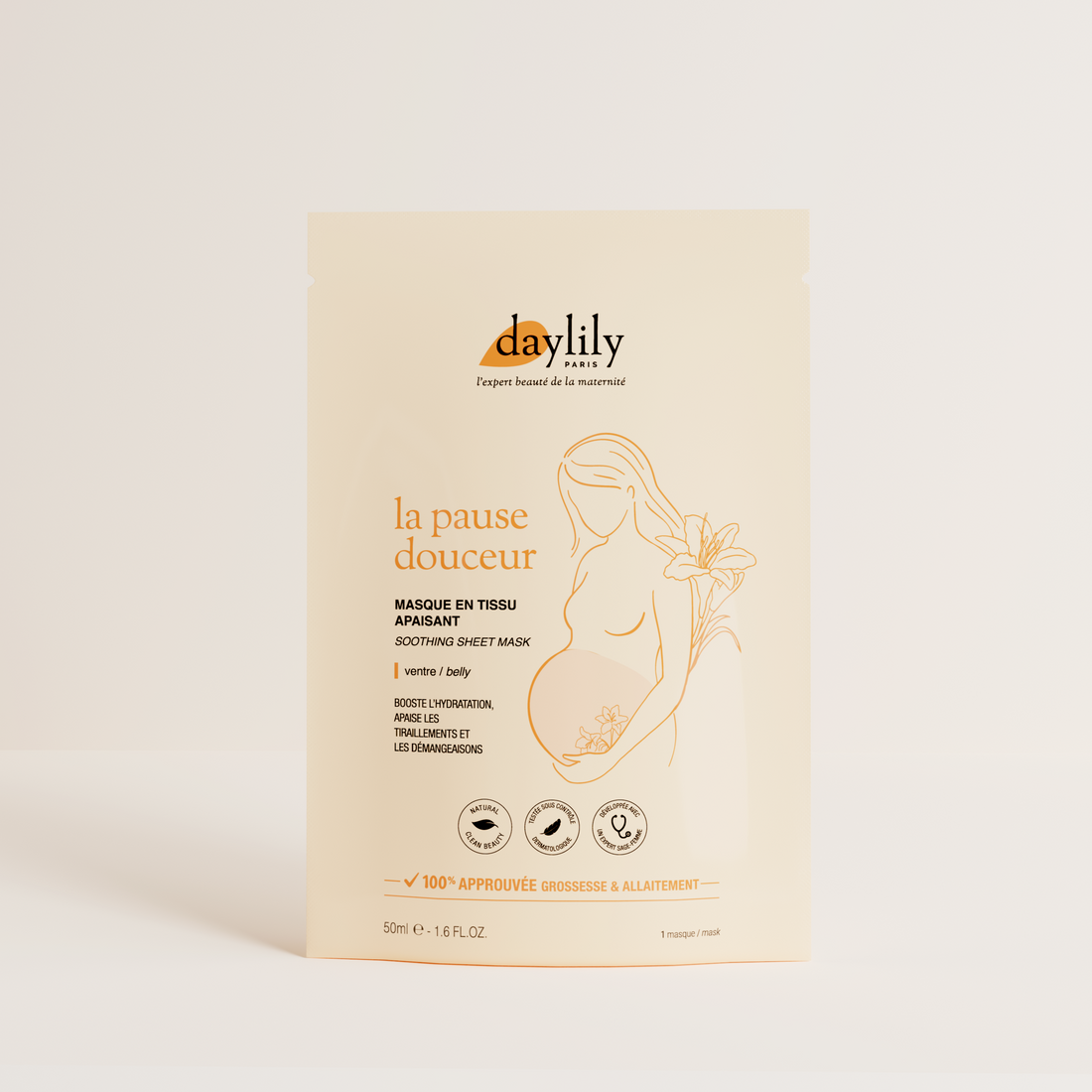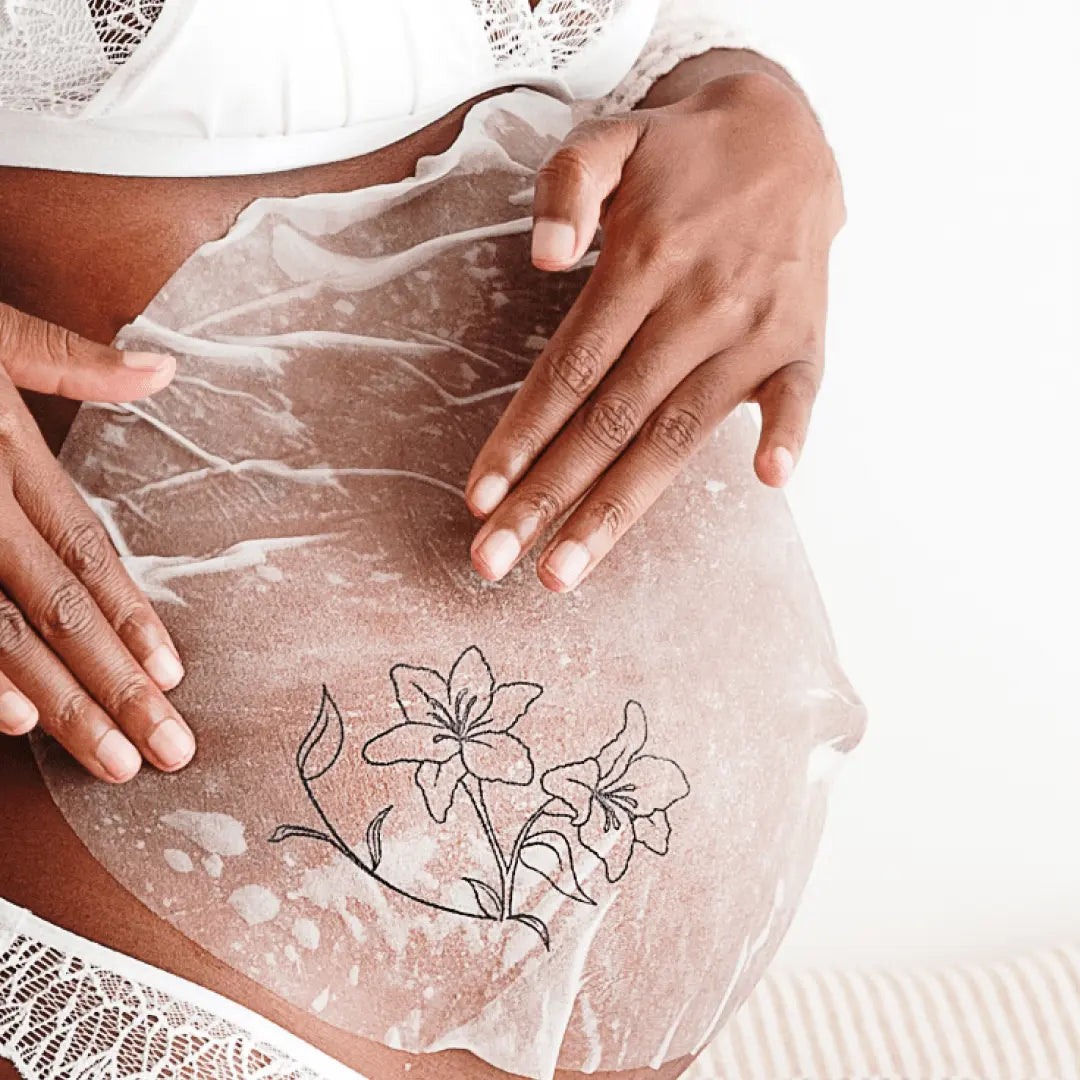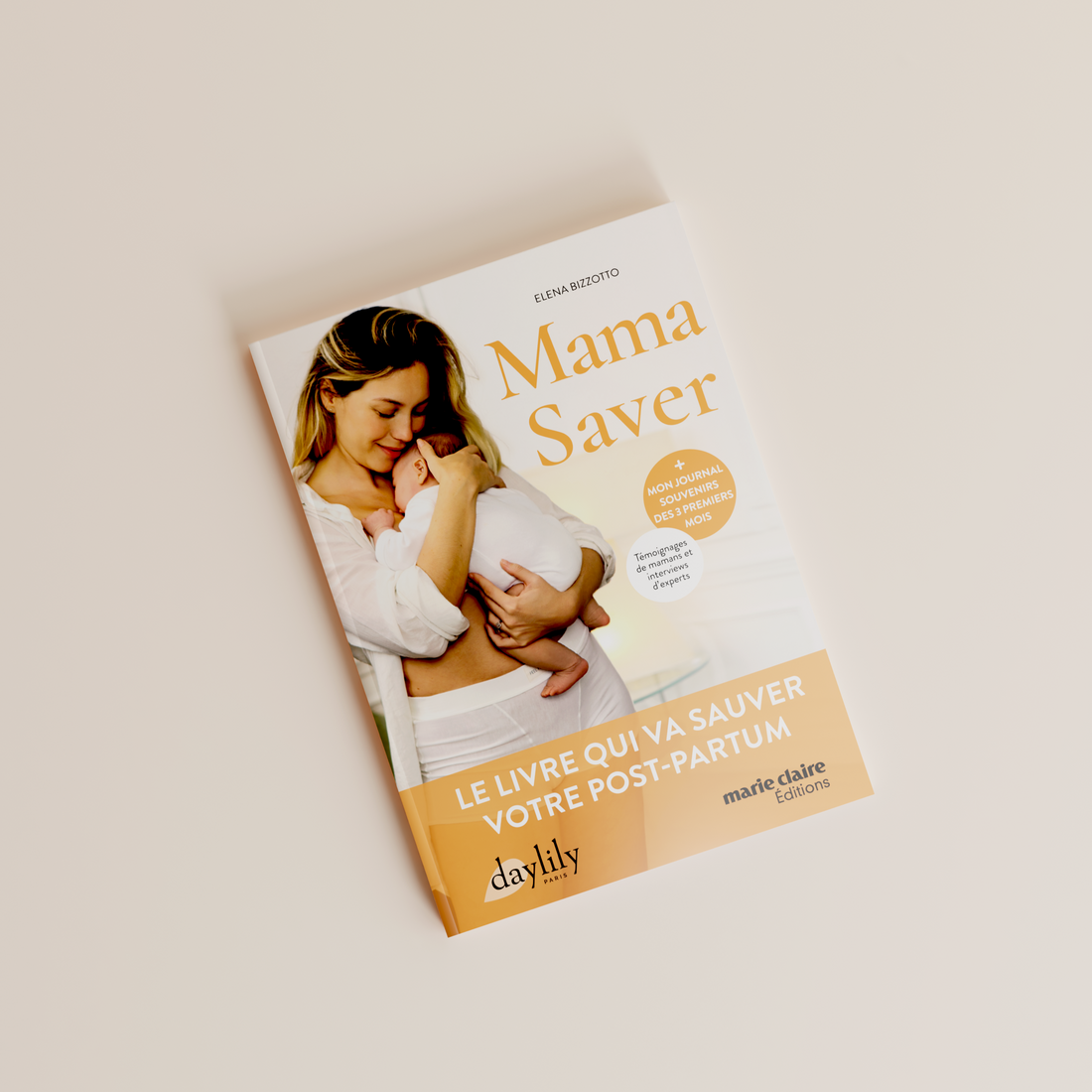Daylily Paris is a brand of clean, sensory and effective skincare products, made in France and 100% compatible with pregnancy and breastfeeding. We are also committed to sharing quality information for informed and uninhibited motherhood. 🧡

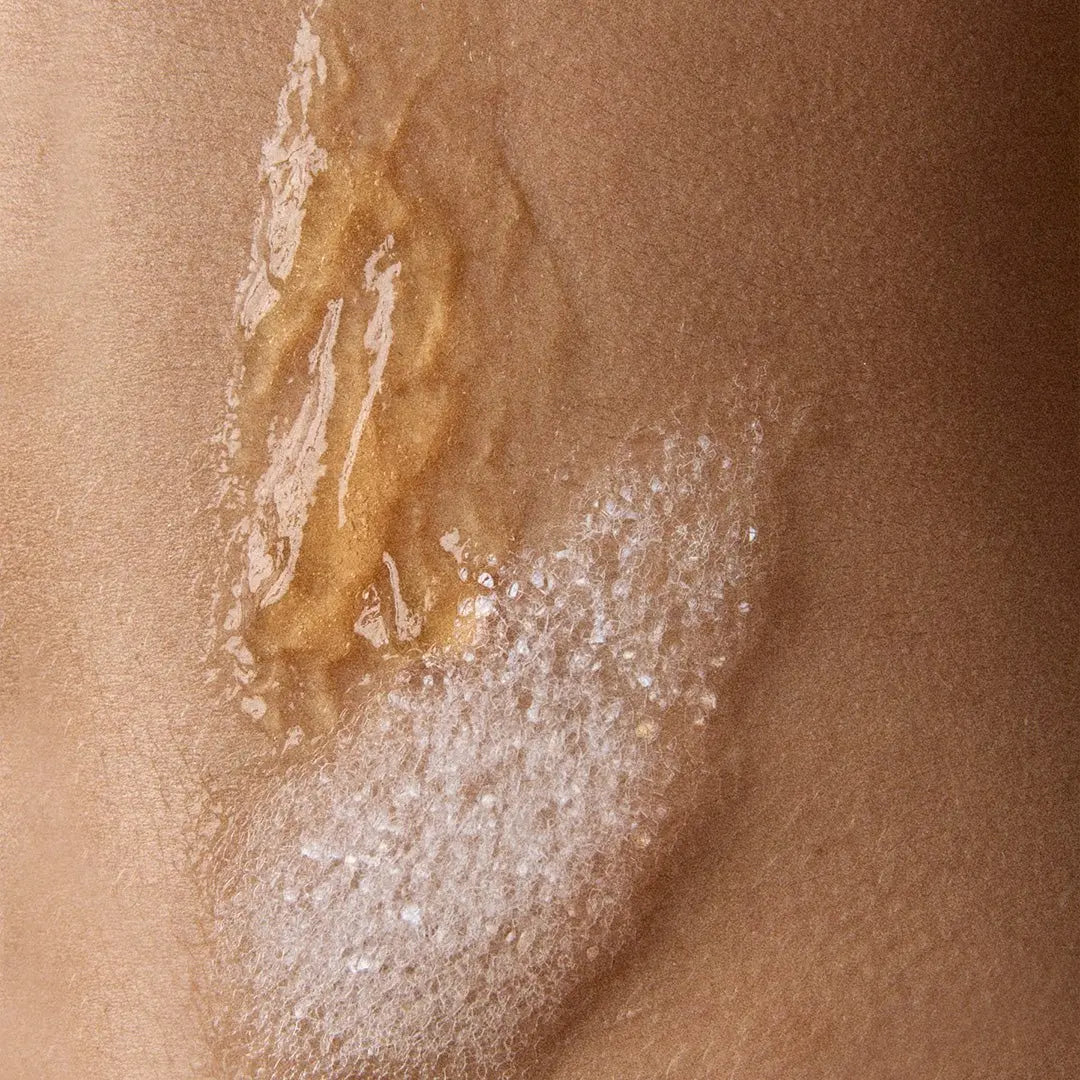
- Regular price
-
19,90 € - Regular price
-
- Sale price
-
19,90 €
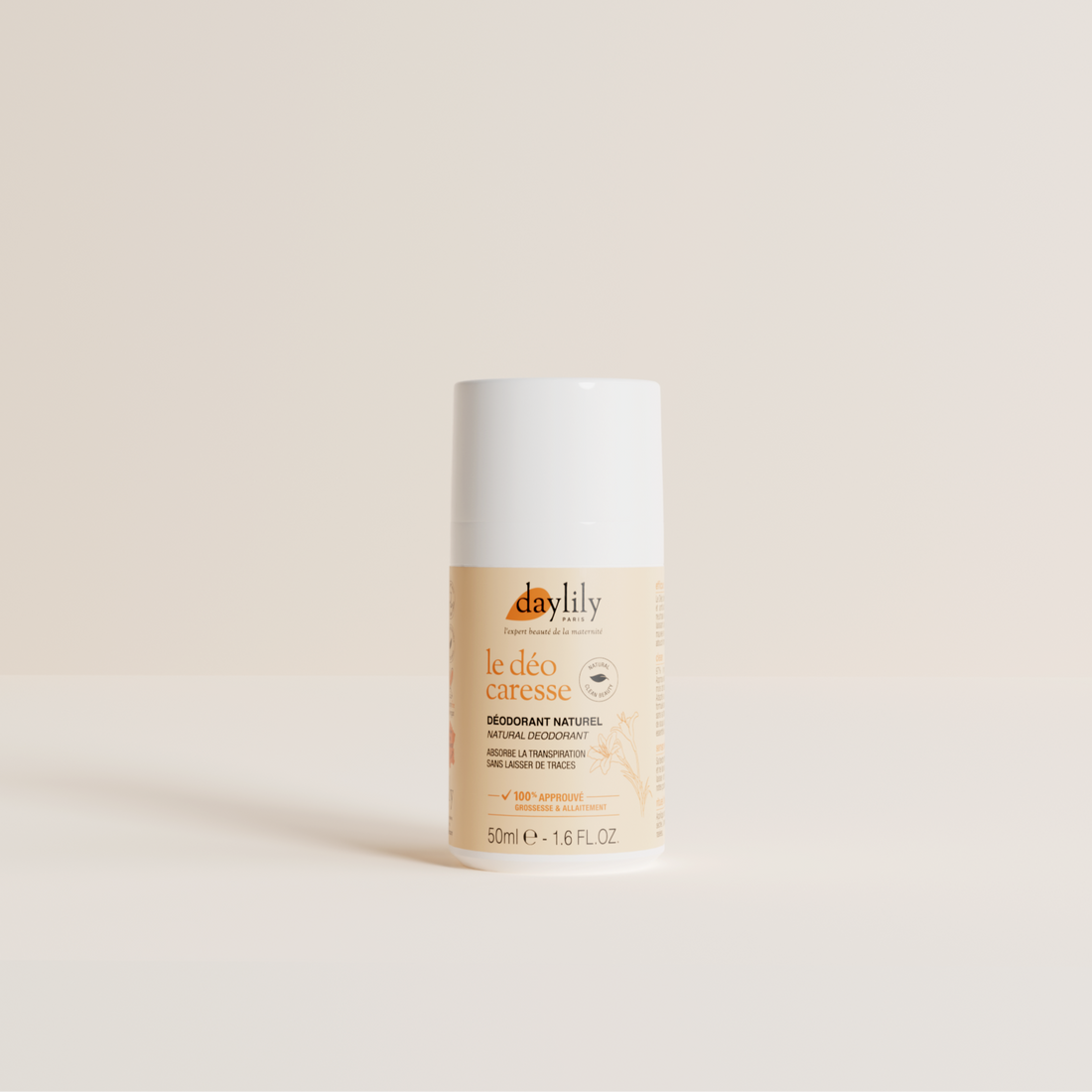

- Regular price
-
10,90 € - Regular price
-
- Sale price
-
10,90 €
- What is parental burnout?
- What are the symptoms of parental burnout?
- How to get out of parental burnout?
What is parental burnout?
Parental burnout is a syndrome which, as its name suggests, affects parents: in most cases, it is mothers who are affected, but it can also affect fathers.
As with professional burnout, it is often tinged with a feeling of “ doing badly ”, of not being up to par, which reinforces daily discomfort.
Parental burnout should be distinguished from baby blues and postpartum depression. The baby blues manifests itself just after the baby is born and is characterized by a period of depression, irritability and anxiety. Intrinsically linked to the hormonal drop that occurs after childbirth, the baby blues are temporary and disappear within a few days. Postpartum depression occurs after childbirth, but persists over time: this pathology manifests itself as a depressive state in all areas of life. The young mother no longer has a taste for anything, finds no comfort in her professional environment, in her daily life, in her environment.
Parental burnout, on the contrary, manifests itself in the family sphere only. It can also occur well after birth, when children are older.
It is estimated that in France, around 5% of parents are in a situation of burnout (1). This syndrome affects both women and young fathers, regardless of their age and the number of children in the home.
What are the symptoms of parental burnout?
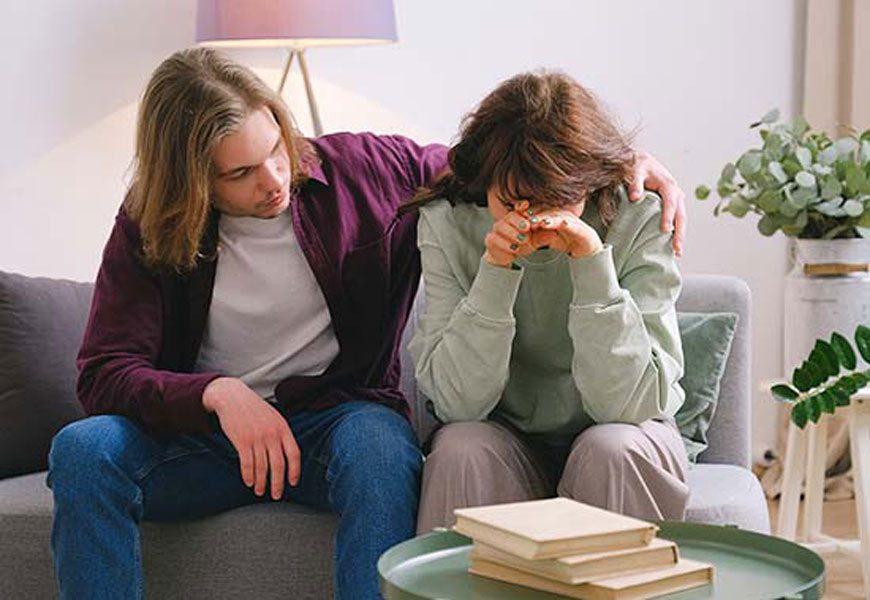
Burnout manifests itself on both a physical and emotional level. It is very often fatigue, even exhaustion, that appears first: you have the feeling of being at the end of your rope, of cruelly lacking sleep sometimes as soon as you wake up, and of having no energy to face the challenges. parental tasks: looking after children, preparing meals, responding to their various requests... However, burnout is not limited to simple fatigue and other signs are added to this permanent exhaustion, which allows us to refine the diagnosis. We find among them:
- Emotional distancing : you are less attentive to the needs of your children, less involved in their education and their daily lives. The mother-child or father-child relationship gradually deteriorates: signs of affection become rarer, as do tender words. Many parents experiencing burnout have the impression of accomplishing everyday tasks like a robot (laundry, meals, cleaning, homework, etc.), without leaving any room for emotion in this heavy routine.
- Daily saturation : you no longer enjoy spending time with your children, even going so far as to prefer to be elsewhere.
- Difficulty controlling your emotions : at the slightest annoyance, you lose your cool: irritation, shouting, and sometimes crying, you experience the full brunt of the emotional upheaval caused by burnout.
- Sleep disorders, which occur in a completely paradoxical way since you are exhausted, but you cannot rest when you have the opportunity. These disorders can take the form of insomnia, difficulty falling asleep, waking up unexpectedly in the middle of the night, or even unrefreshing sleep.
- Difficulty concentrating and thinking.
- A loss of libido and low sexuality: sexual relations are experienced as an “additional chore”, and you have no desire to resume an active intimate life.
- Added to this is a loss of self-esteem and the feeling of being a bad parent, since you feel a thousand miles from the image of the ideal parent: energetic, caring and attentive to your children at all times. circumstances.
How to get out of parental burnout?
In the case of professional burnout, it is quite easy to distance yourself from your work, for example by taking sick leave which allows you to recharge your batteries, far from the stress of the company. In the family context, this distancing is of course more complicated, since you can hardly withdraw.

The first step, and not the least, is often to recognize and accept parental burnout. Many young mothers and fathers are in denial and end up making up their minds, considering their distress as normal, or temporary.
If you have the opportunity, and if you are in a favorable environment, do not hesitate to ask your loved ones : grandparents, uncles and aunts, friends, and of course the spouse who can take over during an after- noon or a few days to allow you to breathe. This “cut” is often beneficial both physically and psychologically.
The gaze of others is not always tender, and those around them are not necessarily receptive when a young parent expresses their fatigue or weariness. Worse: he can sometimes even be called a complainer, or a bad parent, which will accentuate the feeling of being incapable of calmly managing daily life in the family unit. Parental burnout also has a guilt-inducing, almost shameful dimension: we hesitate to ask for help for fear of judgment, and we bury ourselves even more in our discomfort.
To get out of parental burnout, you should therefore not hesitate to sound the alarm and talk to a person competent in the matter. Your doctor or midwife will be able to refer you to a psychologist or parenting experts, who can support you and offer you concrete solutions to alleviate these feelings of exhaustion and helplessness. To find a peaceful motherhood, you sometimes have to agree to let go, review your priorities and give up the image of the perfect family and children – often conveyed by social networks, to the point that we almost forget that She's not the norm!
Finally, because parents who are victims of burnout often feel isolated or misunderstood, we should not hesitate to talk with other people in the same situation. Associations, forums, books - such as the book Parental Burn Out: Avoiding and Getting Out of It (2), a reference on the subject - can bring you comfort and the first steps to regain your footing, lighten your mental load, organize yourself differently and finally experience fulfilled parenthood!
(1) https://www.france-assos-sante.org/2019/12/04/cest-quoi-le-burn-out-parental/
(2) Moïra Mikolajczak and Isabelle Roskam, Odile Jacob editions






